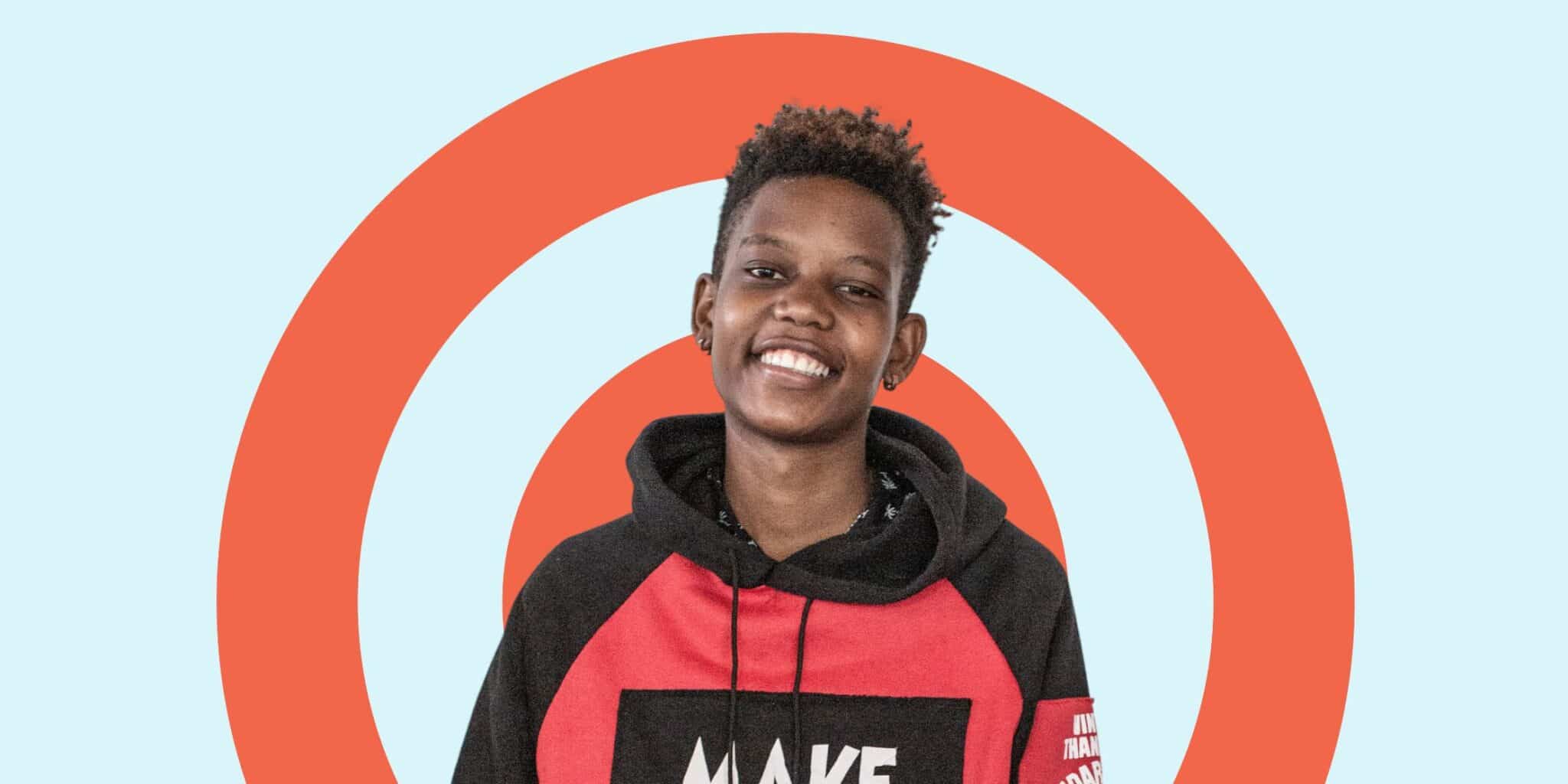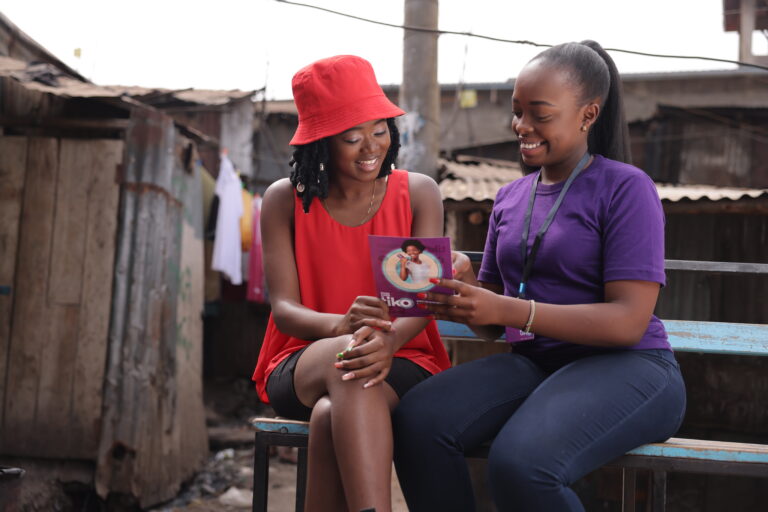Last year, we witnessed a surge in discriminatory legislation directed against LGBTQ+ people across the globe. In May of 2023, there was widespread horror and condemnation when Uganda passed an anti-gay law that included the death penalty for “aggravated homosexuality” and a 20-year sentence for “promoting” homosexuality. And, it is one new law in a wave of homophobic new legislation that still exists. These laws not only perpetuate stigma and discrimination but also have a severe impact on the mental health of LGBTQ+ individuals, highlighting the urgent need for mental health support and advocacy for marginalised communities.
In the United States, a record number (510) anti-LGBTQ+ bills were introduced in state legislatures in 2023. In October 2023, the Supreme Court in India refused to grant legal recognition to same-sex marriage, marking a significant setback in the fight for equality in the country. And in February of this year, Ghana’s parliament passed a bill making ‘wilful promotion, sponsorship, or support of LGBTQ+ activities’ punishable by up to five years in jail and identifying as gay with up to three years’ imprisonment.
These recent events have highlighted the plight of LGBTQ+ people, but they are not new. Today, there are roughly 60 countries that criminalise same-sex relations and forms of gender expression. Criminalisation legitimates and fuels homophobia and violence, but even in countries where LGBTQ+ people enjoy legal protections, stigma and discrimination persist. South Africa legalised same-sex marriage in 2006 and has constitutional protections against discrimination based on sexual orientation, but attitudes towards the LGBTQ+ community remain hostile. As a result, LGBTQ+ individuals in the country are 3 to 4 times more likely to experience depression compared to their heterosexual peers.
Theories like the minority stress model suggest that the higher prevalence of mental health issues among LGBTQ+ individuals is associated with increased social stress, including stigma, discrimination, prejudice, and victimisation. In many low and middle-income countries (LMICs), LGBTQ+ people also face rejection from their own families and communities, resulting in feelings of isolation and loneliness that contribute to mental health challenges. Further aggravating this situation, stigmatisation and discrimination in the healthcare system prevent LGBTQ+ people from receiving the care they need. Research in South Africa, to provide just one example, found that LGBTQ+ youth are victims of stigmatisation, marginalisation and prejudice within the health system, despite government policies that prohibit discrimination based on gender and sexuality. Research in the neighbouring country of Zimbabwe has also shown that LGBTQ+ individuals are reluctant to discuss their challenges with healthcare workers openly as a result of the stigma and discrimination driven by laws that prohibit homosexuality.
Empowering LGBTQ+ Communities in Low and Middle-Income Countries
Despite these challenges, there are thriving LGBTQ+ communities in LMICs that work tirelessly to lobby for their rights and support one another. Grassroots organisations, online networks, and international non-governmental organisations (NGOs) are critical in providing support, resources, and advocacy for LGBTQ+ rights and mental health.
Organisations like Young Africa Live are using WhatsApp to help young people in South Africa (15 – 24) tackle the complex questions that arise during adolescence around love, sexuality, mental health, STIs, and overall wellbeing – all in a private and safe space that puts the answers at their fingertips.
India’s LGBTQ+ community has also made significant strides in recent years, culminating in the decriminalisation of homosexuality in 2018. Organisations like The Humsafar Trust in Mumbai and SAATHII in Chennai provide a range of support services, including mental health counselling, to LGBTQ+ individuals across the country.
Mexico has a growing LGBTQ+ movement, especially in cities like Mexico City and Guadalajara. Groups like Letra S and It Gets Better Mexico work to advance LGBTQ+ rights and provide mental health support through counselling services and community outreach programs.
Thailand’s LGBTQ+ community is vibrant and visible, with events like the Bangkok Pride Parade drawing thousands of participants. Organisations like The Rainbow Sky Association of Thailand (RSAT) offer mental health support and advocacy for LGBTQ+ rights, particularly focusing on transgender and non-binary individuals.
“Despite the urgent unmet needs of the LGBTQ+ community, funding estimates indicate a critical gap in the resources required to protect and uphold their rights, with less than 0.04% of all global development investment going towards LGBTQ+ programs,” shared Columbus Ndeloa, LGBTQ+ Portfolio Lead at the Elton John AIDS Foundation.
Discrimination, criminalisation, and persecution of the LGBTQ+ community is still commonplace in many parts of the world, and this enduring belief that LGBTQ+ people aren’t entitled to basic human rights such as access to healthcare, the right to live freely and safely is deeply damaging.
“To address this, we are greatly accelerating our efforts and increasing investment for the LGBTQ+ community, especially in areas where stigma and discrimination are widespread. For example, in Vietnam, where rates of HIV are increasingly high among the LGBTQ+ community, we are funding the development of a new website that will link people with friendly, stigma-free health services including HIV testing, treatment and counselling. We are also funding programs in countries like Cameroon, where same sex relationships are illegal, which are helping to ensure people can access lifesaving HIV services and mental health support.”
Counteracting threats faced by the global LGBTQ+ community
Despite the relentless efforts of organizations championing the mental health and well-being of queer individuals, the harsh reality is that opponents of LGBTQ+ equality, armed with substantial resources and highly organised tactics, pose a significant threat to progress. The scarcity of forums and platforms for collaboration among LGBTQ+ mental health advocates leaves us at a disadvantage. Without increased coordination, knowledge-sharing, and capacity-building, our ability to counteract these threats and protect the mental health of LGBTQ+ individuals remains compromised. It’s time for us to come together, to amplify our voices, and to demand the support and resources necessary to safeguard the mental health of all individuals, regardless of sexual orientation or gender identity.
To add to these efforts,
- The Global Mental Health Action Network (GMHAN) will launch the LGBTQI+ Working Group, dedicated to building a safe and supportive space among members and breaking down barriers among individuals and institutions working to address the mental health needs of LGBTQI+ communities in LMICs. This will be launched this May during Mental Health Awareness Month. Follow this link to read more about the aims of the working group and to register.
- Columbus Ndeloa, LGBTQ+ Portfolio Lead at the Elton John AIDS Foundation, will be joining a panel at AIDS 2024 hosted by Global Black Gay Men Connect. This session will bring together advocates, donors, and pharmaceutical companies to explore pathways to addressing the resource gap and underfunding of the global LGBTQ+ community, with particular emphasis on the lack of adequate support for Black gay, and transgender individuals.
- United for Global Mental Health will convene a donor roundtable, facilitate a satellite session, and host the mental health networking zone at AIDS 2024 in Munich to raise awareness of the bidirectional relationship between HIV and mental health as well as encourage and foster a sense of shared collaboration and commitment amongst all donors investing in mental health as part of the HIV response. Dr. Lindsay Hayden, Young People Portfolio Lead at the Elton John AIDS Foundation, will give closing remarks during the satellite session, which is scheduled for Monday, July 22, 2024, at 1 PM CET. Representatives from the Global Fund and PEPFAR are also confirmed to participate as panellists.
By United for Global Mental Health, Global Mental Health Action Network LGBTQ+ Working Group and Elton John AIDS Foundation




